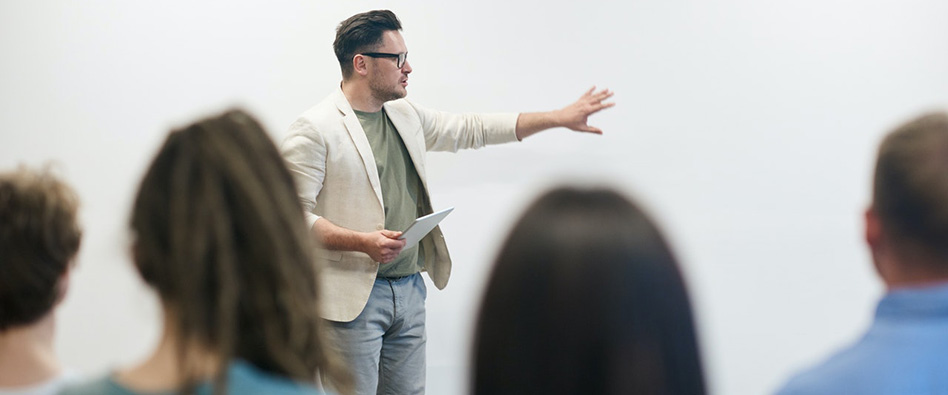
We cater to students studying many IB Diploma Programme courses.

We cater to students studying many IB Diploma Programme courses.
Students must take at least one subject from this group, and each is taken at either Standard Level (SL) or Higher Level (HL).
Students explore the concepts, theories, models and techniques that underpin each subject area and through these develop their understanding of the scientific method. A compulsory project encourages students to appreciate the environmental, social and ethical implications of science. This exercise is collaborative and interdisciplinary, and provides an opportunity for students to explore scientific solutions to global questions.
The sciences are taught practically. Students have opportunities to design investigations, collect data, develop manipulative skills, analyse results, collaborate with peers and evaluate and communicate their findings. These investigations may be laboratory based or they may make use of simulations and data bases. Students develop the skills to work independently on their own design, but also collegiately, including collaboration with schools in different regions, to mirror the way in which scientific research is conducted in the wider community.
The Sciences subject group offers students a choice of the following seven courses:
Biology emphasises the interconnectedness of all life forms and the balance within ecosystems. Among the sciences, it is often referred to as the "science of life" because of its foundational role in understanding the natural world. It is therefore often a prerequisite for many other courses in higher education, such as medicine and healthcare, biological and life sciences, environmental sciences and ecology, agricultural and veterinary sciences, biomedical sciences, public health and epidemiology, and forensic science.
Below are links to more information about the Biology subjects:
The Computer Science course is a rigorous and practical problem-solving discipline, and through this course students learn programming skills as a critical element of developing higher-level skills applicable to virtually all fields of study. All Computer Science students work collaboratively with other students of Group 4 subjects (physics, chemistry, biology, design technology, environmental systems and societies and sports, exercise and health science).
The course is organised into two key themes - Concepts in Computer Science, and Computational Thinking and Problem-Solving.
Below is a link to more information about the Computer Science subjects:
Chemistry is an experimental science that combines academic study with the acquisition of practical and investigational skills. It is often called the central science as chemical principles underpin both the physical environment in which we live and all biological systems.
Apart from being a subject worthy of study in its own right, chemistry is often a prerequisite for many other courses in higher education such as medicine, environmental science and engineering.
Below are links to more information about the Chemistry subjects:
The aim of the Design Technology course is to foster the skill development in students required to use new and existing technologies to create new products, services and systems. It focuses on analysis, design development, synthesis and evaluation, and enables students to develop critical-thinking and design skills, which they can apply in a practical context. While designing may take various forms, it will involve the selective application of knowledge within an ethical framework.
All SL and HL students complete a common core for this course:
HL students examine four additional topics, designed to introduce aspects of innovation and extend and deepen their understanding of the subject:
Below is a link to more information about the Design Technology subjects:
Physics is the most fundamental of the experimental sciences, as it seeks to explain the universe itself from the very smallest particles to the vast distances between galaxies. Observations and the creating and testing of theories remain essential to the very core of the subject. Physics is often a prerequisite for many other courses in higher education, such as mechanical engineering, architecture, astronomy or geophysics.
Below are links to more information about the Physics subjects:
The SEHS course incorporates the disciplines of anatomy and physiology, biomechanics, psychology and nutrition, which are studied in the context of sport, exercise and health. A combination of syllabus content and experimental work provides the opportunity for students to acquire the knowledge and understanding necessary to apply scientific principles and analyse human performance.
Below is a link to more information about the Sports, Exercise and Health Science subjects:
This is an interdisciplinary subject, which means that it meets the requirements of both Group 3 and Group 4 for the IB Diploma Programme.
Through studying this course students will be provided with a coherent perspective of the interrelationships between environmental systems and societies; one that enables them to adopt an informed personal response to the wide range of pressing environmental issues that they will inevitably come to face. The teaching approach is such that students are allowed to evaluate the scientific, ethical and sociopolitical aspects of issues.
Below is a link to more information about the Environmental Systems and Societies subject: